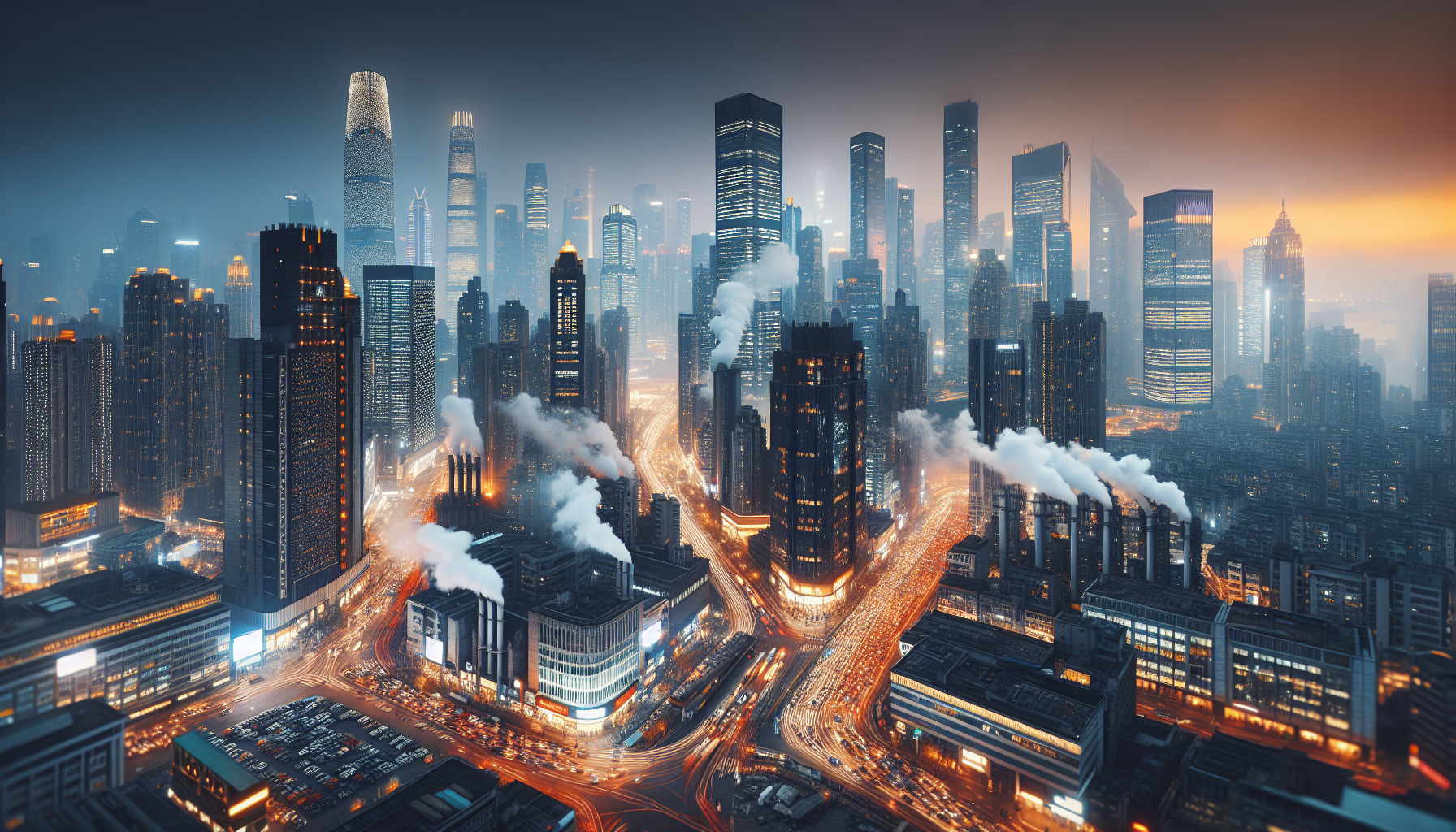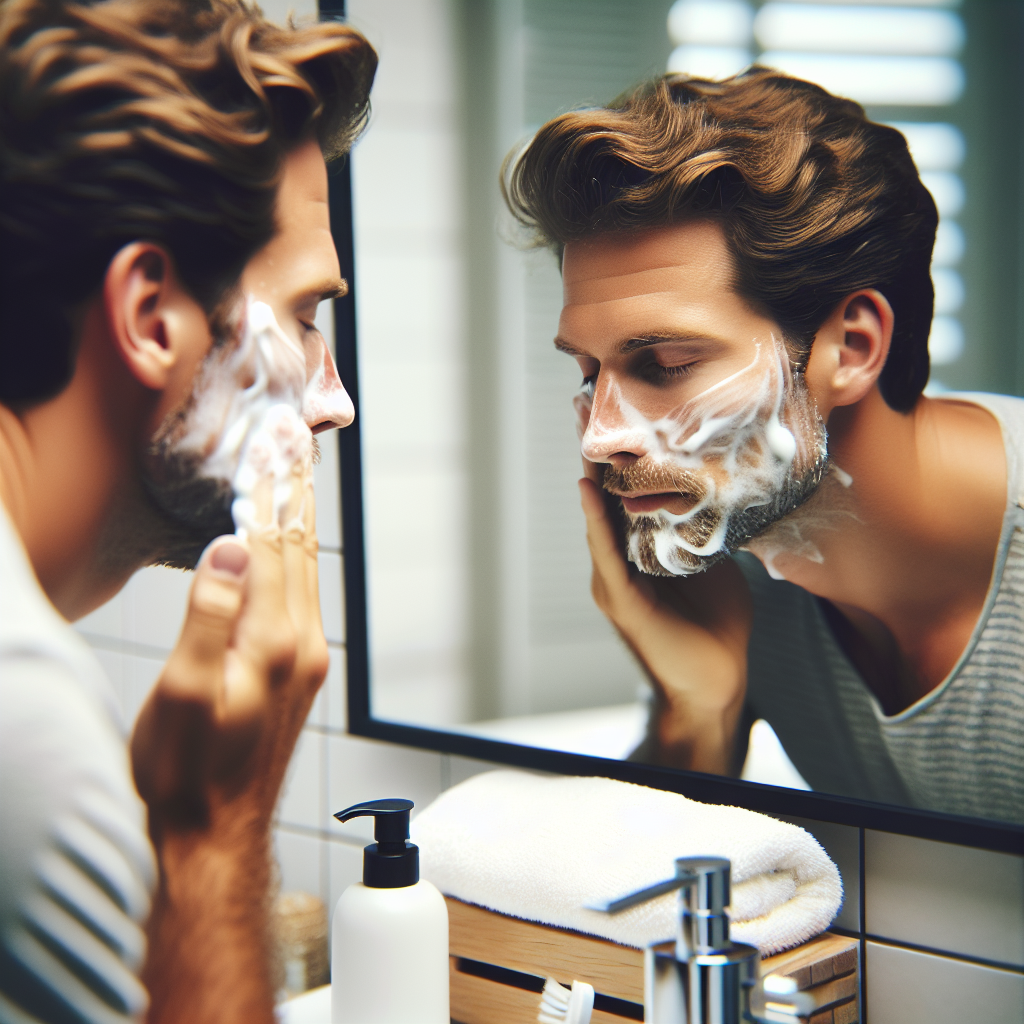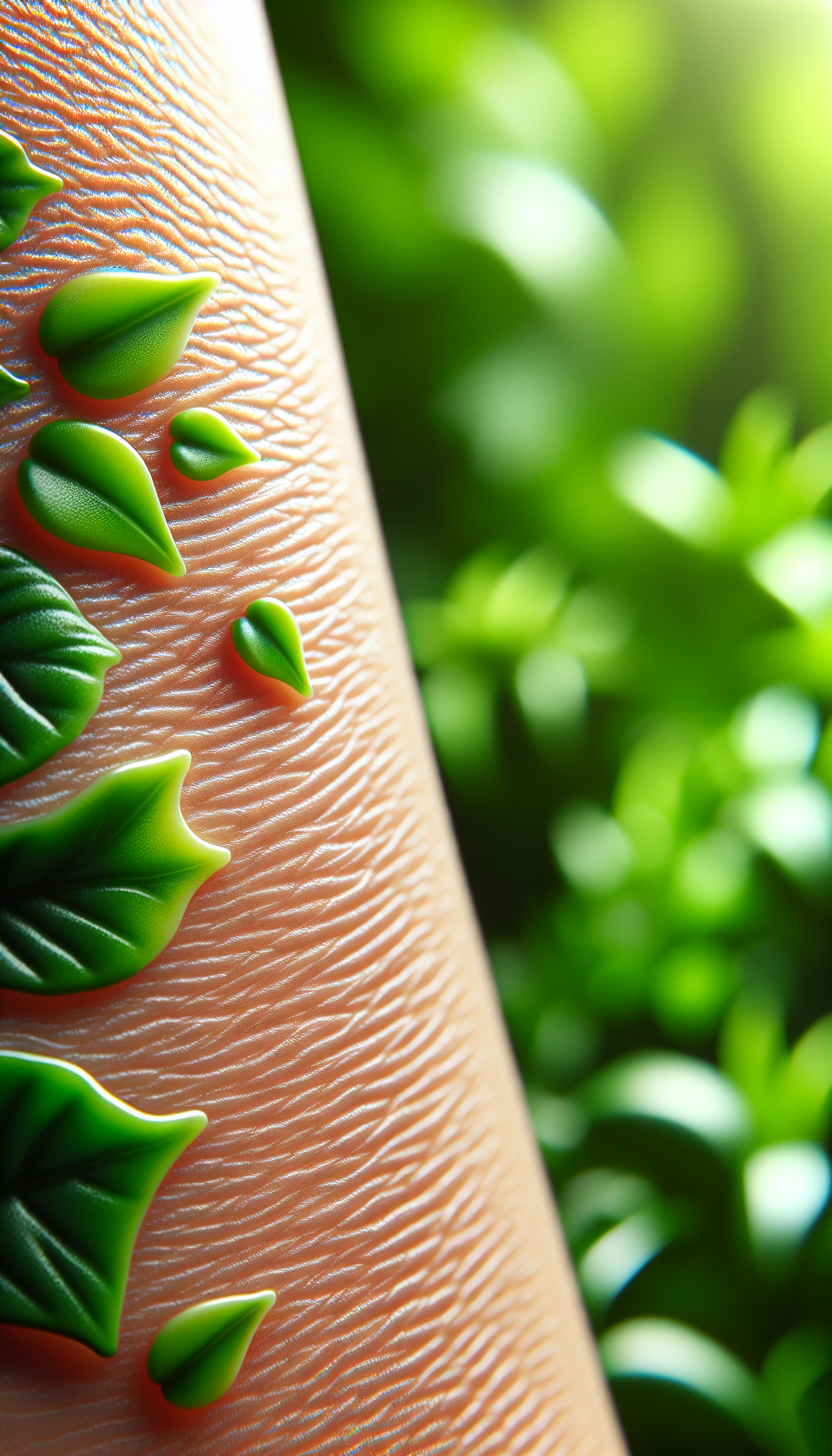Urban environments are a challenging battleground for skin health. The skin, being the largest organ of the body, is the first line of defense against a myriad of environmental aggressors, particularly pollution. With cities becoming increasingly populated and pollution levels rising, it’s more important than ever to understand how urban pollutants affect our skin and what we can do to protect it.
Understanding Urban Pollutants and Skin Health
Urban pollutants, including particulate matter, smoke, nitrogen dioxide, and ozone, can lead to oxidative stress in the skin. This stress is caused by free radicals, which are unstable molecules that can damage cells, leading to premature aging, inflammation, and various skin disorders. Skin Health is integral to overall well-being, and protecting it from these urban pollutants is essential for maintaining its function and appearance.
The Impact of Particulate Matter
Particulate matter (PM), especially PM2.5, which are particles smaller than 2.5 micrometers, can penetrate the skin’s barrier and lead to issues ranging from dehydration to increased sensitivity. These tiny particles can even accelerate the aging process by breaking down collagen, leading to fine lines and wrinkles.
Effects of Gases and Smoke
Gases like nitrogen dioxide, a byproduct of vehicle emissions, and smoke from industrial activities or tobacco can exacerbate skin conditions such as eczema and acne. They can also disrupt the skin’s natural oil balance, causing either excessive dryness or oiliness.
Strategies to Protect Your Skin
Here are comprehensive strategies to fortify your skin against the relentless assault of urban pollutants.
1. Cleansing is Key
Start and end your day with a gentle, yet effective cleanser to remove pollutants that have settled on the skin. Opt for products that contain antioxidants like vitamin C or E, which can neutralize free radicals. Double cleansing in the evening with an oil-based cleanser followed by a water-based one can ensure a thorough removal of both oil-soluble and water-soluble particles.
2. Barrier Reinforcement
Strengthen your skin’s barrier with ingredients like ceramides, hyaluronic acid, and niacinamide. These ingredients help to retain moisture and build a protective shield against harmful pollutants. Regular use of hydrating skin care products with these key ingredients can significantly improve your skin’s resilience.
3. Antioxidant Power
Incorporate antioxidants into your skincare routine and diet. Antioxidants can combat the oxidative stress caused by pollutants. Utilize serums and moisturizers rich in antioxidants and consume foods high in vitamins A, C, and E, which can further bolster your skin’s defense system.
4. Physical Barriers
On days with high pollution levels, physical barriers such as sunscreen and protective clothing can be very effective. Sunscreen not only protects against UV radiation but also forms a protective layer against pollution. Choose a broad-spectrum sunscreen with SPF 30 or higher, and reapply every two hours when outdoors.
5. Detoxification
Regular skin detoxification can help in removing the buildup of pollutants that daily cleansing may miss. This can be achieved through exfoliation, using facial masks, or treatments like microdermabrasion. Visit Choosing the Right Facial Mask for Your Skin Type for guidance on selecting an appropriate mask for effective detoxification.
6. Internal Defense
Support your skin health from the inside out. A balanced diet rich in antioxidants, regular hydration, and adequate sleep all contribute to a robust internal defense against pollution. Reducing stress through techniques like yoga or meditation can also decrease the inflammatory response triggered by pollutants.
7. Professional Help
Regular visits to a dermatologist can help address skin concerns aggravated by urban pollutants. They can offer tailored advice, treatments, and professional-grade products to enhance your skin’s health. Understanding the Importance of Regular Dermatologist Visits for Skin Health can be a game-changer.
External Support and Further Reading
To deepen your understanding and extend the protective measures for your skin, consider the following resources:
- The American Academy of Dermatology provides comprehensive guidelines on how to protect your skin from pollution.
- Research on the effects of particulate matter on human skin cells offers insight into the importance of protective skincare.
- A study on skin barrier dysfunction and pollution underscores the need for barrier-supporting ingredients in your skincare routine.
Conclusion
Urban living poses unique challenges to skin health, but with the right knowledge and tools, you can mitigate the harmful effects of pollutants. A combination of thorough cleansing, barrier reinforcement, antioxidant use, physical barriers, detoxification, internal defense, and professional advice can create a comprehensive shield for your skin. Protecting your skin is an investment in your overall health, and with these strategies, your skin can remain radiant and resilient, even in the face of urban pollution.



